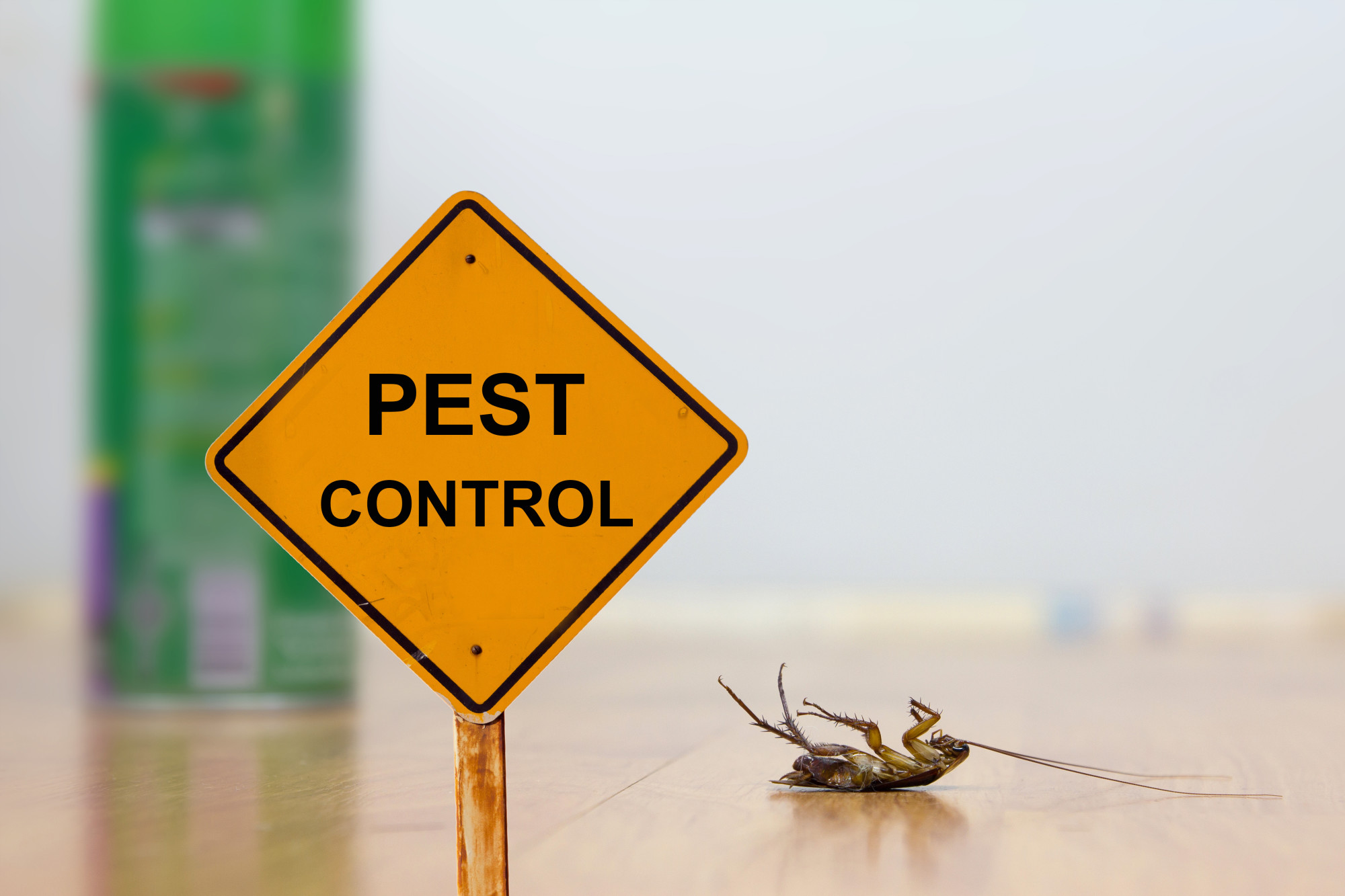Maintaining Your Home Safe: Eagleshield Pest Control Provider
Maintaining Your Home Safe: Eagleshield Pest Control Provider
Blog Article
Exploring the Various Types of Insect Control Techniques for Your Home
When confronted with unwanted guests in the type of bugs invading our homes, the quest for effective pest control methods ends up being important. The range of choices readily available can be frustrating, ranging from natural remedies to state-of-the-art remedies. Each approach comes with its very own collection of advantages and factors to consider, making the option a vital one for keeping a pest-free setting. As we browse via the diverse landscape of parasite control methods, understanding the nuances of each strategy is vital to ensuring a customized and reliable option for your home.
Natural Pest Control Approaches
When seeking eco-friendly options for insect monitoring in your home, natural bug control methods supply a lasting and efficient approach. These techniques concentrate on making use of natural substances and biological controls to deter and get rid of bugs while minimizing damage to the setting and human health.
One usual natural parasite control technique is using important oils such as eucalyptus, peppermint, or lavender, which have actually been discovered to push back pests like ants, insects, and crawlers. These essential oils can be thinned down and sprayed around entry points or areas where bugs regular. In addition, growing specific herbs like mint, basil, or rosemary around your home can function as an all-natural deterrent for insects because of their solid fragrances.
One more effective all-natural parasite control method is presenting advantageous pests like ladybugs or praying mantises to your yard. These pests are natural predators to numerous typical garden bugs and can aid maintain populaces in check without the need for hazardous chemical pesticides.
Chemical Bug Control Treatments

When considering chemical pest control treatments, it is crucial to prioritize safety and security. Always check out and adhere to the instructions offered on the item labels carefully. Furthermore, take into consideration seeking expert assistance to ensure the appropriate application and dose to stop any type of damaging effects on human health and wellness, pet dogs, and the environment.
Chemical insect control therapies can be classified into different types based upon their target bugs and mode of action. Some common types include call pesticides, which eliminate pests upon contact, and systemic pesticides, which are taken in by plants to deter parasites that eat them. By understanding the specific insect problems and picking the ideal chemical therapies, you can efficiently handle bug problems while decreasing risks.
Biological Insect Control Solutions
Biological insect control options use living microorganisms to handle and get rid of pest populations in a ecologically friendly and sustainable manner. This approach leverages all-natural predators, parasites, and virus to regulate pest numbers without the demand for synthetic chemicals. One typical technique is the intro of useful bugs like ladybugs or parasitical wasps, which victimize damaging parasites such as caterpillars or aphids. By developing a well balanced community, organic control approaches can efficiently reduce bug damage without hurting useful insects or infecting the atmosphere.
Microbial agents, such as infections, germs, and fungis, are also employed in biological bug control. These microorganisms target particular bugs and can be used as sprays or incorporated into the dirt to deal with various invasions. Furthermore, cultural practices like crop turning, intercropping, and maintaining habitat diversity can improve the efficiency of biological control actions.
Digital Pest Control Devices
Making use of advanced technology, digital insect control devices provide a modern and reliable solution for taking care of insect invasions in property settings. These gadgets work by producing ultrasonic or electromagnetic waves that are developed to ward off insects such as pests, rats, and crawlers. The waves target the insects' auditory and nervous systems, creating an environment that is awkward for them, inevitably driving them far from the area.
Electronic pest control tools are environmentally friendly and non-toxic, making them a preferred selection for home owners trying to find a risk-free option to standard chemical article pesticides. They are simple to use, merely needing an electric outlet for power. However, it's important to note that these tools might not be effective in all scenarios and for all types of insects. Elements such as the dimension of the problem, the format of the home, and the type of parasite being targeted can impact the device's efficiency. It's recommended to utilize digital pest control gadgets along with other parasite monitoring techniques for the ideal results.
Integrated Insect Administration Strategies
Having discovered the efficiency of digital parasite control gadgets in property setups, the application of Integrated Parasite Administration (IPM) approaches presents a thorough approach to resolving pest problems while thinking about ecological and wellness effects. IPM concentrates on lasting avoidance of parasites via a mix of strategies such as organic control, environment adjustment, modification of social techniques, and using resistant selections. By incorporating these approaches, IPM intends to lessen the usage of chemical pesticides, lowering possible damage to humans, pets, and the environment.
One trick facet of IPM is pest tracking, which includes regular assessments to identify parasites early and evaluate their populace degrees. This information helps in determining the most efficient and least risky techniques for insect control - eagleshield pest control. Furthermore, IPM emphasizes the importance of informing home owners on bug biology and prevention techniques to encourage them in handling insect issues properly. Generally, IPM offers a all natural and sustainable approach to pest control that not just addresses current problems however also intends to avoid future troubles while reducing ecological impact.
Final Thought
In conclusion, numerous insect control techniques can be made use of to deal with pest invasions in homes. It is important to analyze the intensity of the click here now invasion and choose the most ideal method to effectively manage bugs.

Report this page